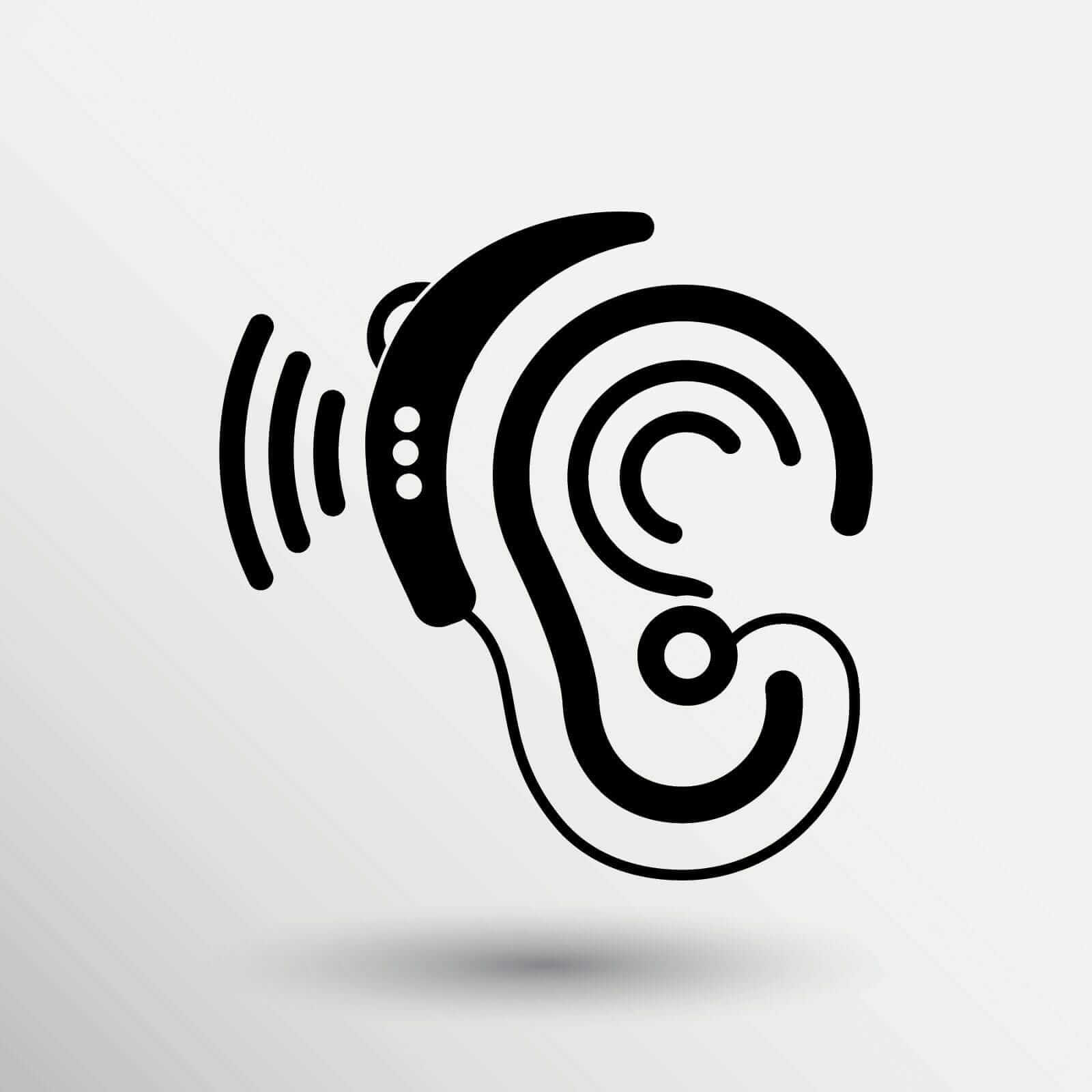Tiny, lightweight, and nearly invisible when worn, modern hearing aids are marvels that can improve a person’s ability to hear clearly immensely, but they need power to do so. That’s where zinc air batteries come in.
A Unique Technology
Many batteries use chemical reactions to generate electrical power. What makes zinc air batteries unique? While most batteries pack everything necessary for the chemical reactions that they utilize to produce power inside the cell of the battery, zinc air batteries think outside the box. They harvest one of their vital ingredients, oxygen, from the air in the atmosphere.
How Zinc Air Batteries Work
How do zinc air batteries make electricity out of zinc and air? Once they’re activated, oxygen molecules enter zinc air batteries through small holes in their tops. These molecules promptly collide with a cathode, in this case a positively charged electrode composed of porous carbon. This collision triggers a reaction that produces hydroxyls. The hydroxyls move through an air separator toward the anode, a negatively charged electrode composed of zinc gel. There, the hydroxyls bond with a zinc molecule, creating zincate, but this new combo is a short-lived one. Almost immediately, the zincate breaks apart to form two hydroxyls, zinc oxide, and a water molecule, which returns to the pores of the carbon cathode. This split also releases two electrons, which move through a circuit to provide the desired power.
Small and Mighty
The Many Advantages of the Zinc Air Battery
Zinc air batteries may be small, but they offer some major advantages. For starters, these potent power sources can provide more energy and have a longer lifespan than any other type of battery or cell system. They don’t just deliver a lot of power for their size; they deliver a lot of power, period. That’s because zinc air batteries have an impressive energy density. Their capacity-to-volume ratio is significantly higher than that offered by other kinds of batteries.
How do they do it? Using oxygen from the atmosphere as a reactant allows zinc air batteries to thrive with a compact design, reducing their weight and size without decreasing their power. Zinc air batteries are also incredibly safe. They aren’t highly reactive or flammable, and they are free of toxic compounds. Disposal isn’t hazardous, but many zinc air batteries can be recycled or recharged with fresh zinc.
The Limitations of Zinc Air Batteries
While zinc air batteries offer a plethora of positives, they do have a few limitations that users should keep in mind. The first is that there is a time limit on their ability to generate power. Once they are activated, the battery begins to discharge, and there is no way to stop it. That is why experts recommend waiting to pull the tab and activate the battery until you are ready to use it.
The other issue that users should be aware of is the environmental sensitivity of these batteries. While the technology is fairly environmentally friendly since these batteries can be recycled or recharged, the environment isn’t always as kind in return. Basically, contact with the ambient air can impact the battery’s performance. Air that is excessively dry can dry up the zinc gel inside the battery. On the other hand, very humid air can lead to too much moisture within the battery. Both situations can prevent the battery, and any device that it’s powering, from delivering peak performance.
Factors That Impact Battery Life
With so many advantages, it’s no wonder that zinc air batteries are what hearing aid manufacturers trust to power their devices. Powerful and dependable, these batteries can be counted on to deliver the power needed for hearing aids to function effectively. Naturally, battery life is a concern for those who wear hearing aids, and it can vary widely depending on several factors.
Size does matter when it comes to battery life. Larger zinc air batteries contain more zinc, so they tend to last longer. The environment is also a factor. Batteries used in moisture-laden or extremely dry environments may need to be replaced more frequently. Finally, the specifics of the device being powered also affect battery life. Digital technologies can be adjusted to provide additional features, but this increases their power needs, which can consume the stored power of a zinc air battery more quickly.
_____
Do you have questions about hearing aid batteries? Do you need help troubleshooting an issue with a zinc air battery? Reach out to Sound Relief Hearing Center if you’re located in Colorado.
We are independently owned, so we always have the patient’s best interests at heart, and our state-of-the-art technology ensures that our patients receive the best treatment available. With our unparalleled excellence in the hearing industry, our dedication to patient satisfaction, and our commitment to helping people control and conquer their hearing issues, you can count on Sound Relief Hearing Center for support and assistance. To learn more about us, please browse our website, visit our YouTube channel, or give us a call at 720-344-7600. You can also schedule an appointment online to meet with one of our audiologists. We look forward to hearing from you!

